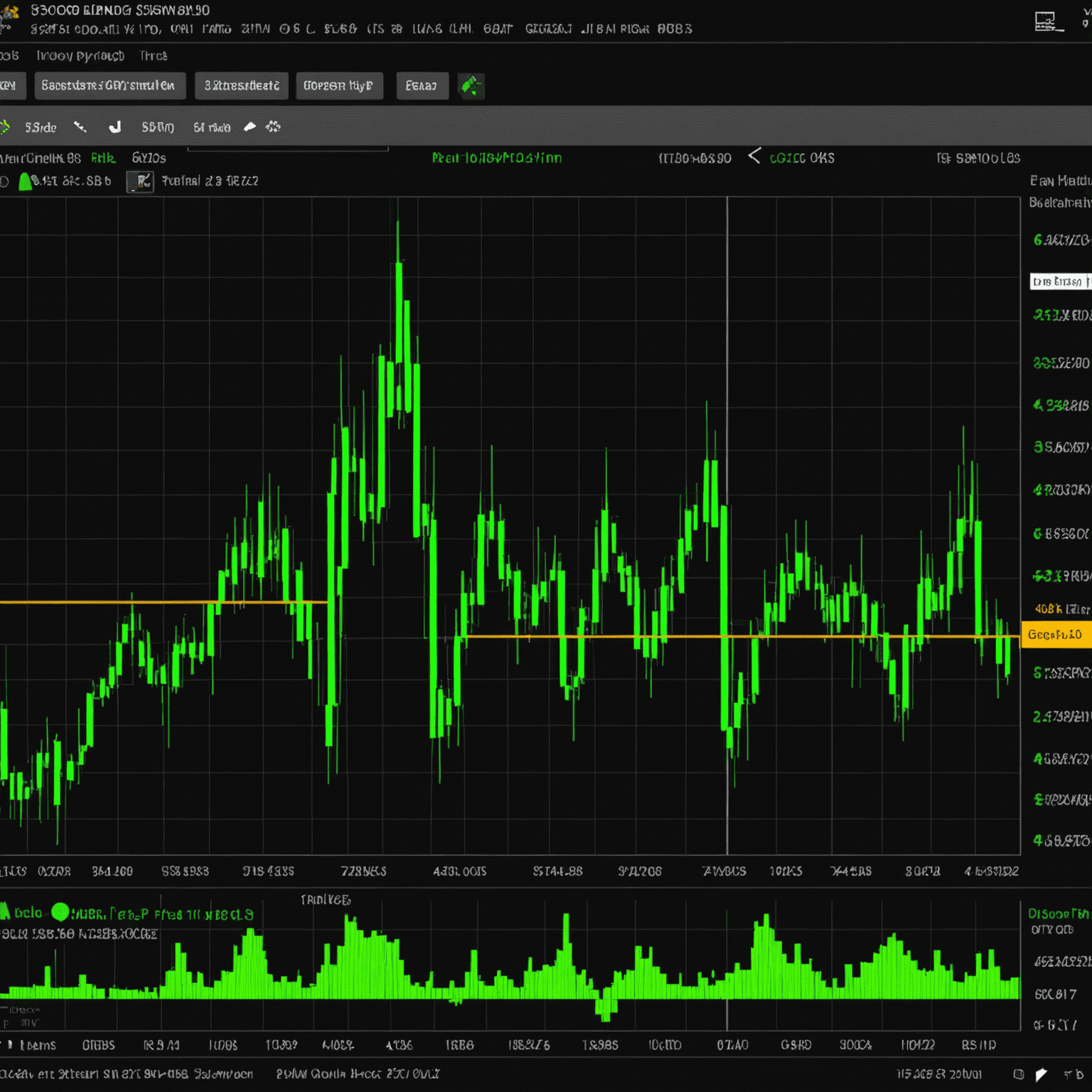Chart Patterns Every Trader Should Know
Understanding chart patterns is crucial for any trader looking to predict market movements and make informed decisions. Let's explore some essential patterns that can give you an edge in your trading strategy.

1. Head and Shoulders
The head and shoulders pattern is a reliable reversal pattern. It consists of three peaks, with the middle peak (head) being higher than the two surrounding peaks (shoulders). This pattern often signals a bullish-to-bearish trend reversal.
2. Double Top and Double Bottom
These patterns are also reversal indicators. A double top looks like an "M" and signals a potential downtrend, while a double bottom resembles a "W" and may indicate an upcoming uptrend. ATAS tools can help you identify these patterns more easily.
3. Flag and Pennant
These are continuation patterns that often occur during strong trends. Flags are parallelograms that slope against the prevailing trend, while pennants are triangles. Both suggest a brief consolidation before the trend continues.

4. Cup and Handle
This bullish continuation pattern resembles a teacup with a handle. The cup is a U-shaped price movement, followed by a slight downward drift forming the handle. It often precedes an upward breakout.
5. Ascending and Descending Triangles
These patterns show a tightening price range with either a flat top (ascending) or bottom (descending) trendline. Ascending triangles are typically bullish, while descending triangles are bearish.
Pro Tip: While these patterns are powerful tools, always use them in conjunction with other technical analysis methods and ATAS indicators for more accurate trading decisions.
Conclusion
Mastering these chart patterns can significantly enhance your trading strategy. Remember, practice and patience are key to becoming proficient in pattern recognition. Use ATAS tools to refine your skills and always stay informed about market conditions.